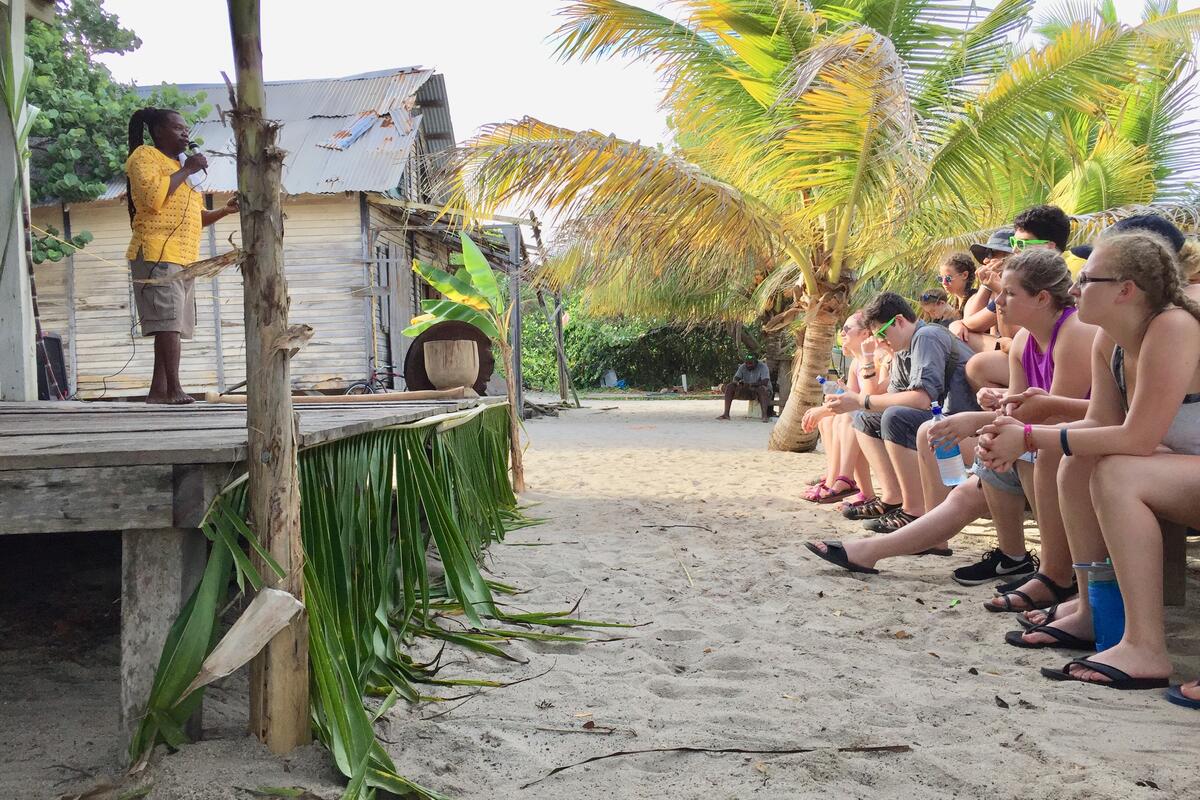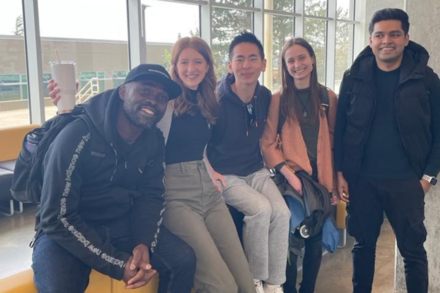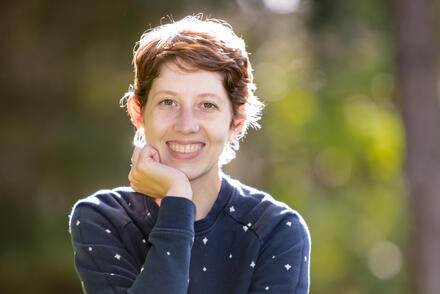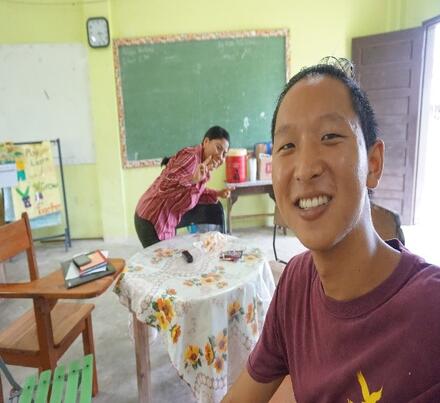
The Queen Elizabeth II Diamond Jubilee Scholarship remains one of the most significant accomplishments of my academic career. The objective of the scholarship is described on its website as:
“to create lasting impacts both at home and abroad through cross-cultural exchanges encompassing international education, discovery and inquiry, and professional experiences.”
My experience abroad took place in Belize, Central America and is what I would describe as my first experience in project management. Initially, I felt that I was adequately prepared for the journey with a combination of my own personal travels and my previous work experience that involved working with disadvantaged families. That being said, this was my first solo trip to a global south country and in retrospect my view of what the work would entail was naïve. But isn’t this the entire point of international education? To shatter built norms and see the perspective of another population on this earth?
The one thing that was solidified to me at the end of the experience was that 3 months was not enough time to evoke the change that I expected. Although, it was enough time to open my mind and heart to seeing the lifestyle, obstacles and joys of a community. I struggled to complete the goals that were set out for me during my time in Belize and I struggled with many of the same obstacles as the community that I was situated in. The struggles included a lack of access to transportation, an incredibly hot climate, lack of fresh produce and at times the feelings of a lack of security.
This leads me to the lessons that were taught to me while abroad:
As North Americans, we are sometimes unaware of the privilege that we are exposed to.
Before my time in Belize, if someone had said to me that I was privileged, I would have likely taken offense and directed them to the laundry list of obstacles I had overcome in my life. Not everything in North America is easy and its not to say that there aren’t millions of people who suffer but we are very fortunate in our access to many things, like health and sanitation, safety and security, education, and the list goes on. As much as we may say we are aware of our privilege, it was much different to work within an environment that lacked so many of these resources and expect to output the same efficiency of work that we do back home.
A strong sense of community is the answer to solving difficult problems.
The community that I was located in lacked a strong sense of community. They had been subjected to many injustices such as poverty, previous political corruption, alcoholism and amenity migration. It is no question why the community had suffered. It can be very difficult to wish well on your neighbour’s wellbeing when you are struggling, the repressed repressing the repressed. The majority of my advances in my internship were made by working with influential groups within the community including the drumming group, expats and women’s group, all of which had strong initiatives.
Listen & lead with compassion
I was frustrated, a lot. I felt like I was chasing people in order for them to hear me out and participate in my initiatives to bring benefit to the community. Would they benefit the entire community? Maybe, maybe not. Regardless I realized that in my IN-experience I wasn’t effectively listening. Even though I was trying to understand the dynamics of the country, village and its culture, it didn’t come off as sincere. I walked in thinking I knew what was best because it was laid out in my objectives, but that shouldn’t have stopped me from really taking the time to understand the local perspective. This, again, is why three months in a community is challenging to implement meaningful change.
My takeaways from the QE Scholar experience will stay with me for a lifetime and will always remind me to exhibit humility, community and compassion. Looking back on the experience, I am reminded of how far I have come, as I sought out this international experience for two reasons 1) I’ve always wanted to be involved in international development and 2) I wanted to develop my own research questions for graduate school. Following this experience, I have been accepted to the Master of City Planning at the University of Manitoba and my research will have focus on urban access to green spaces for individuals of varying demographics. I fully accredit my accomplishments to my time abroad and I will always be thankful to the Queen Elizabeth II Diamond Jubilee scholarship, for helping me become a global citizen.
- Melanie Messier, VIU Bachelor of Tourism Management Graduate & Queen Elizabeth Scholar



